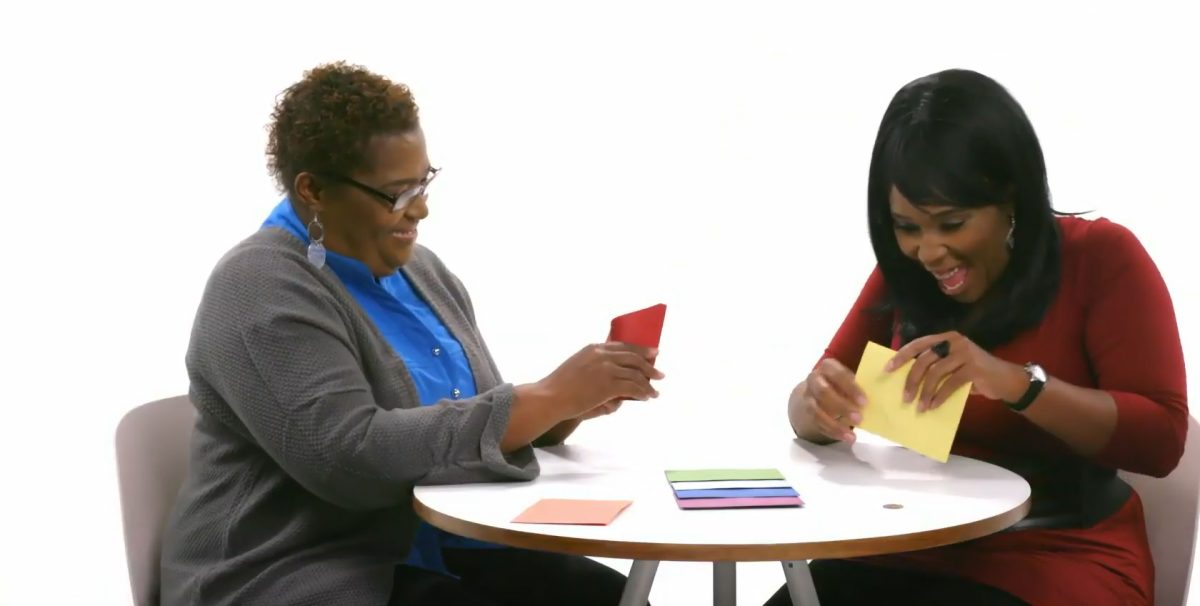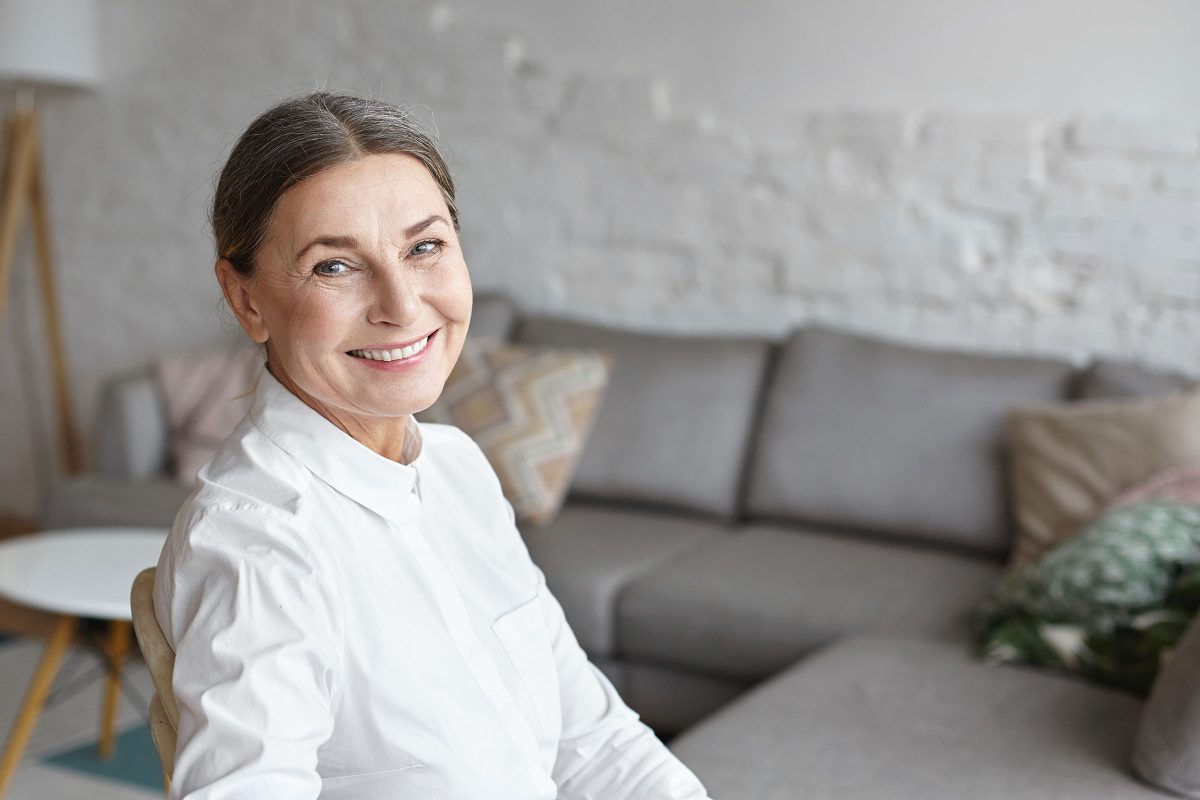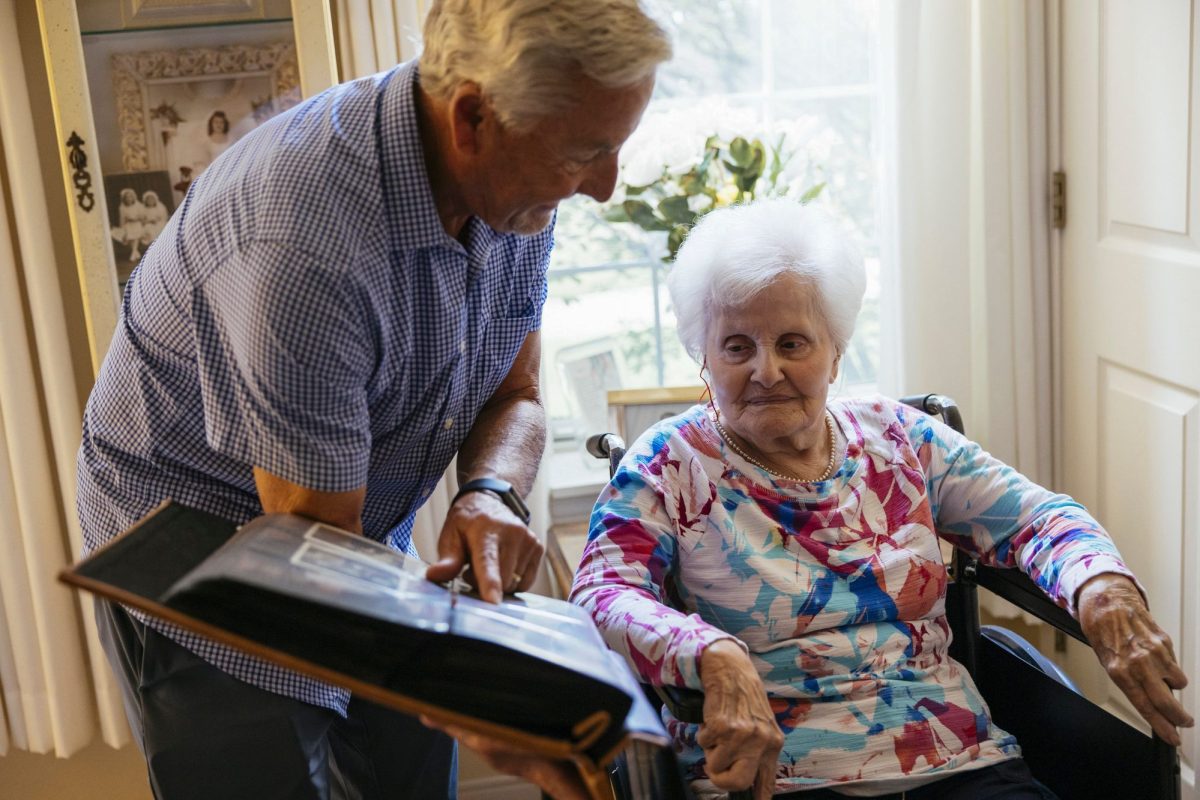Aging-in-Place Wildly Popular, Home Health Aides Less So

Hootie’s Take: Talking with your family about your preferences in advance is important. Having a plan in place allows the family to know what to expect and allows conversation surrounding who will provide care and how they will be compensated.
The vast majority of Americans would prefer to receive senior care in a home setting, but that doesn’t mean they see professional home health aides as the ideal caregivers.
When asked where they would prefer to receive ongoing care should they need it, 77% of people said their own home, according to survey findings released Friday by The Associated Press and independent research organization NORC at the University of Chicago. A senior community was the runner-up preference, but was chosen by only 11% of respondents. The survey polled nearly 1,700 Americans aged 40 and older, and took place between Feb. 18 and April 9 of this year.
Yet, of the many people who said they would prefer to receive at-home care, only 22% said a professional home health aide would be their first choice for caregiver. Instead, 70% said they would prefer for a family member to provide care. Men are more likely than women to want a spouse to provide care (51% to 33%), and women are more likely to prefer children as caregivers (14% to 25%).
This desire to rely on close family for care may be understandable, but it does not reflect what is currently occurring, given that 46% of those people currently receiving home-based care receive services from an aide. Family members provide care in 52% of these cases.
Furthermore, while it may sound appealing in theory, relying on a spouse for at-home care may not prove satisfactory.
“Those with experience caring for a spouse or partner were the least likely to say it was a positive life experience,” the authors of the 2016 report noted, citing findings from past years. “They were also the most likely to say the experience caused stress in the family, was a burden on personal finances, and weakened their personal relationship with the person for whom they cared.”





